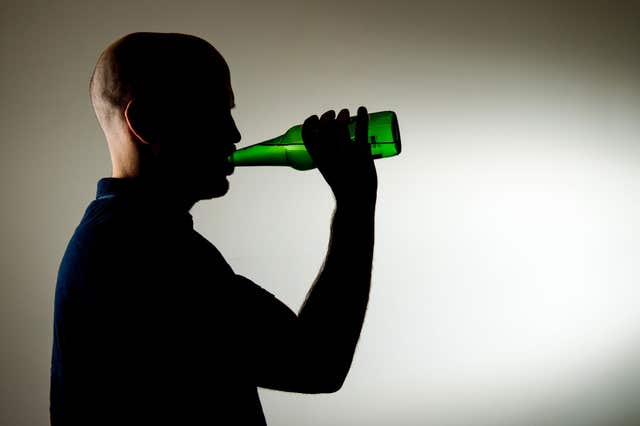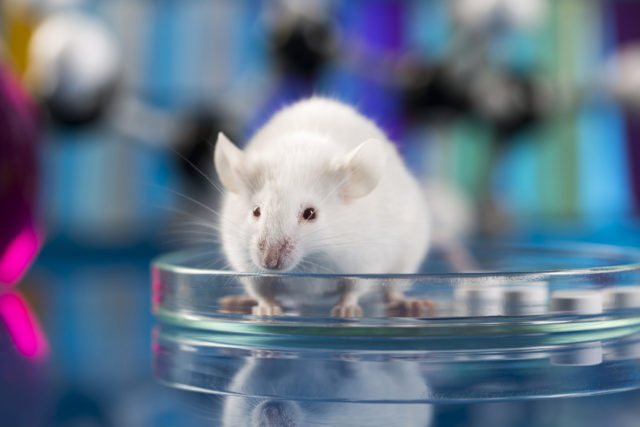Scientists believe they now know why alcohol makes you thirsty
It’s down to a liver hormone called FGF21.

Ever wondered why you feel the need to down a glass of water soon after after having alcohol?
A new study suggests it could be your brain trying to prevent dehydration.
Scientists have identified the mechanism by which a liver hormone tells the brain to stimulate thirst when a person consumes alcohol.
Called fibroblast growth factor 21 (FGF21), research on mice has shown that this hormone acts using the brain’s reward pathway to suppress the desire for booze – as well as sugar – in favour of drinking water.

“What we now show is that this hormone then travels in the blood to a specific part of the brain, the hypothalamus, to stimulate thirst, thereby preventing dehydration.”
He said the team was surprised to see that the FGF21 pathway worked independently of the renin–angiotensin–aldosterone system (RAAS), which is the classical thirst pathway in the kidneys.
For the study, the mice were randomly assigned to drink either a mixture of alcohol and juice, or juice alone, and their FGF21 blood levels were measured after four hours.
The findings revealed that in response to alcohol, FGF21 levels spiked at around two hours and fell after that.

They found that consuming the food stimulated water drinking in normal mice but not in those genetically unable to produce FGF21. This, according to the researchers, confirms the hormone’s role in the signalling pathway.
Dr Kliewer says the results suggest FGF21 might some day be used as a drug to limit alcohol consumption and protect against its effects in people.
The study is published in the journal Cell Metabolism.





